Description
What is Ruby on Rails
Ruby on Rails is an open source multilevel web development framework. This high-level technology ensures faster time frames for development, flexible and advanced development process and better site performance. Rails also helps make website development and its maintenance more cost-effective compared to other popular web development technologies.
Why Ruby on Rails
Faster development time lapse: RoR minimizes time on website development in about 30-40% due to lean code base (less lines), modular design (components within the framework can be used again, so there is no need to create new ones every time) and a wide range of ready-to-use plugin solutions for feature development.
Easy code maintenance and update: Ruby on Rails makes it easy to modify the existing code or add new features to the site. This framework is most effective for long-term projects due to its stability and predictability, so substitution of a team member will never be a problem.
Cost-effectiveness: Since the whole development process and code updates are performed faster, business owners tend to spend less money on the development of their website and its upgrade and always receive an expected level of quality.
Suitable for all business industries: As a programming language, RoR is flexible, so it can be easily attuned to any field of business, whether it is project management or a site building platform.
An Overview Of Ruby on Rails
What is Ruby on Rails?
Overview of Rails Components
Installing Rails
A Simple Rails Application
Starting the Rails Server
Static Pages Within a Rails Application
The Structure of a Rails Application
Generating a Controller
Rendering the View
Adding a Static Page
Dynamic Pages with Embedded Ruby
Using the render Method
Using the link_to Method
Rails and HTML Forms
A Basic HTML Form
Processing an HTML Form
Working With Form Data
Other Form Elements
Form Tag Helpers
Databases and Rails
Review of the MVC Architecture
Entities and Relationships
Databases and Models
Rails Database Conventions
Adding a Model
Database Migrations
The Rails Database Console
Creating a Rails View of a Database Table
Scaffolding
RESTful Routes and Resource
Form Helpers and Validation
Introduction
Form Helpers and form_for
Processing Form Helpers
From Form to Database
Redirection
Data Validation
Validation Helpers
The presence Validator
The numericality Validator
The uniqueness Validator
The length Validator
The format Validator
Custom Validation Methods
The errors Object
Displaying Validation Errors in the View
Adding Style to an Application
Styling
Rails and Sass
Cascading Style Sheets
Users
Introduction
Configuring an Application for Sessions
Registering Users
The Register Action
The flash Hash
Validating the Registration
Logging in
Logging Out
Protected Pages
Filters
Putting it All Together
Introduction
The Business Application
Database Terminology
Linking Two Models
Adding Tasks
The Database Tables
Displaying Employee Tasks
Deleting a Task
Listing Employees and Tasks
Migrations
Editing a Record
Duration & Timings :
Duration – 40 Hours.
Training Type: Online Live Interactive Session.
Faculty: Experienced.
Access to Class Recordings.
For Upcoming Schedules Please Contact Us
Inquiry Now Discount Offer
USA: +1 734 418 2465 | India: +91 40 4018 1306

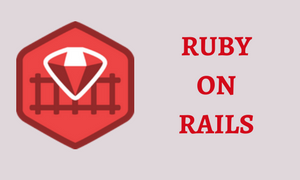
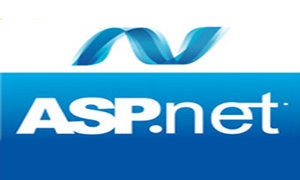
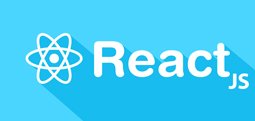
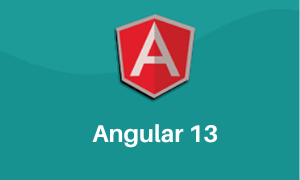
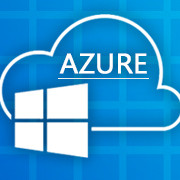
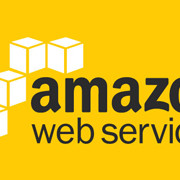
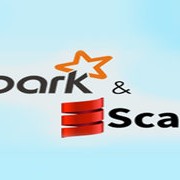
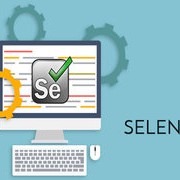
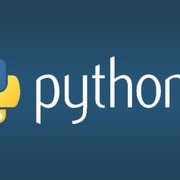
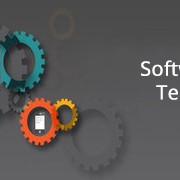
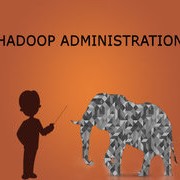
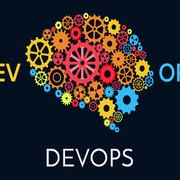

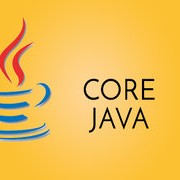

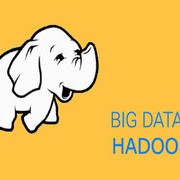
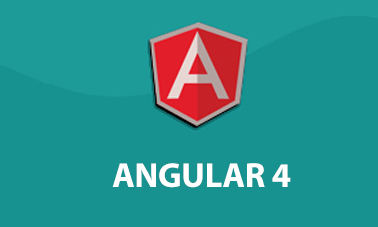
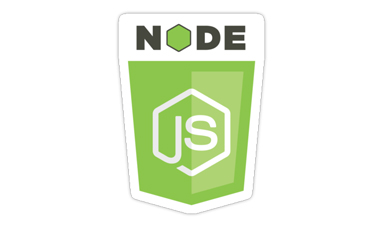
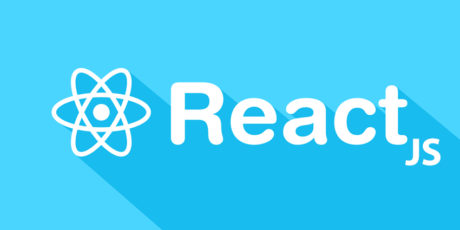
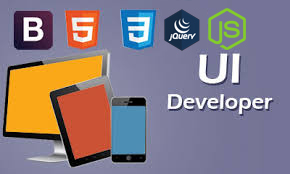

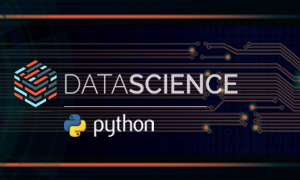

 +91 40 4018 1306
+91 40 4018 1306 +1 734 418 2465
+1 734 418 2465 info@learntek.org
info@learntek.org
Reviews
There are no reviews yet.